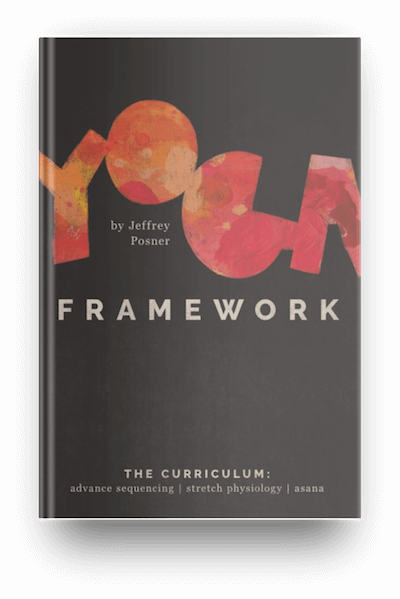Cold plunge benefits are rapidly becoming a hot topic in wellness circles, with many enthusiasts touting their potential for both mental and physical health. Cold plunging, or cold water immersion (CWI), has gained significant attention notably due to its promising connections to improved mood, enhanced resilience, and stress reduction through biochemical reactions in the body. However, as with any wellness trend, there are both pros and cons to consider before taking the plunge.
Understanding the Cold Plunge Benefits
Research indicates that cold plunging can trigger a release of endorphins and norepinephrine, hormones associated with elevated mood and reduced stress levels. According to Maya Shetty at Stanford, these biochemical responses can also boost resilience and overall mental well-being. Furthermore, the act of immersing oneself in cold water has been linked to increased dopamine levels, which enhance feelings of alertness and happiness.
The Science Behind Cold Water Immersion
Cold water immersion therapy has become popular among athletes and those in high-stress occupations. The reasons are clear. This practice not only helps improve mood; it also aids in recovery, increasing circulation while reducing inflammation and muscle soreness. A report on physiological responses to cold plunging by Houston Methodist highlights how the cold shock response initially triggers rapid breathing and increased heart rate but ultimately leads to a robust post-exposure relaxation phase where cortisol levels drop.
Potential Downsides of Cold Plunge Therapy
Despite the promising benefits of cold plunging, it is essential to consider the possible dangers associated with this practice. The cold shock response can cause rapid physiological changes, including increased heart rate and elevated blood pressure, which might not be suitable for everyone, particularly those with pre-existing cardiovascular conditions. The American Heart Association warns that individuals with certain heart conditions should consult a medical professional before initiating cold plunge therapy (source).
When Cold Plunge Therapy Can Be Hazardous
Furthermore, the risk of hypothermia is another potential danger that cannot be ignored. Prolonged exposure to cold water can lower the body’s core temperature to dangerous levels. As a result, it is vital for participants to limit their immersion times to a few minutes and be aware of their physical condition. Some people report feeling dizzy or faint after such exposures, highlighting the need for caution.
Cold Plunge Integration Into Wellness Routines
On the flip side, many individuals find great value in incorporating cold plunging into their daily wellness routines. While some individuals benefit from occasional full-body plunges for a quick mood boost, others discover that regular cold exposure helps manage daily stress and anxiety. For instance, integrating cold exposure with other relaxation techniques like meditation can provide a more holistic approach to mental health.
Complementing Cold Plunge Therapy
In addition to meditation, using essential oils may further enhance the effects of cold plunge therapy. Many people have found improvements in overall stress management by combining these methods. By utilizing essential oils for stress relief, individuals can create a more comforting pre- or post-plunge environment, further promoting mental health and relaxation.
Concluding Thoughts on Cold Plunge Benefits
In conclusion, cold plunge benefits are an exciting and growing facet of the modern wellness landscape. With the potential for substantial mental and physical health improvements, they provide a unique way for individuals to connect with their bodies and manage stress. However, it is crucial to approach this method with caution, considering the physical risks it entails. Therefore, as with any health trend, it’s vital to evaluate your personal health circumstances and consult with a healthcare provider if necessary.
Ultimately, listening to your body, being aware of your limits, and integrating various methods for holistic well-being can lead to a balanced approach to mental health management. Remember, there’s no one-size-fits-all method, so find what works best for you as you explore the transformative potential of cold plunging.

